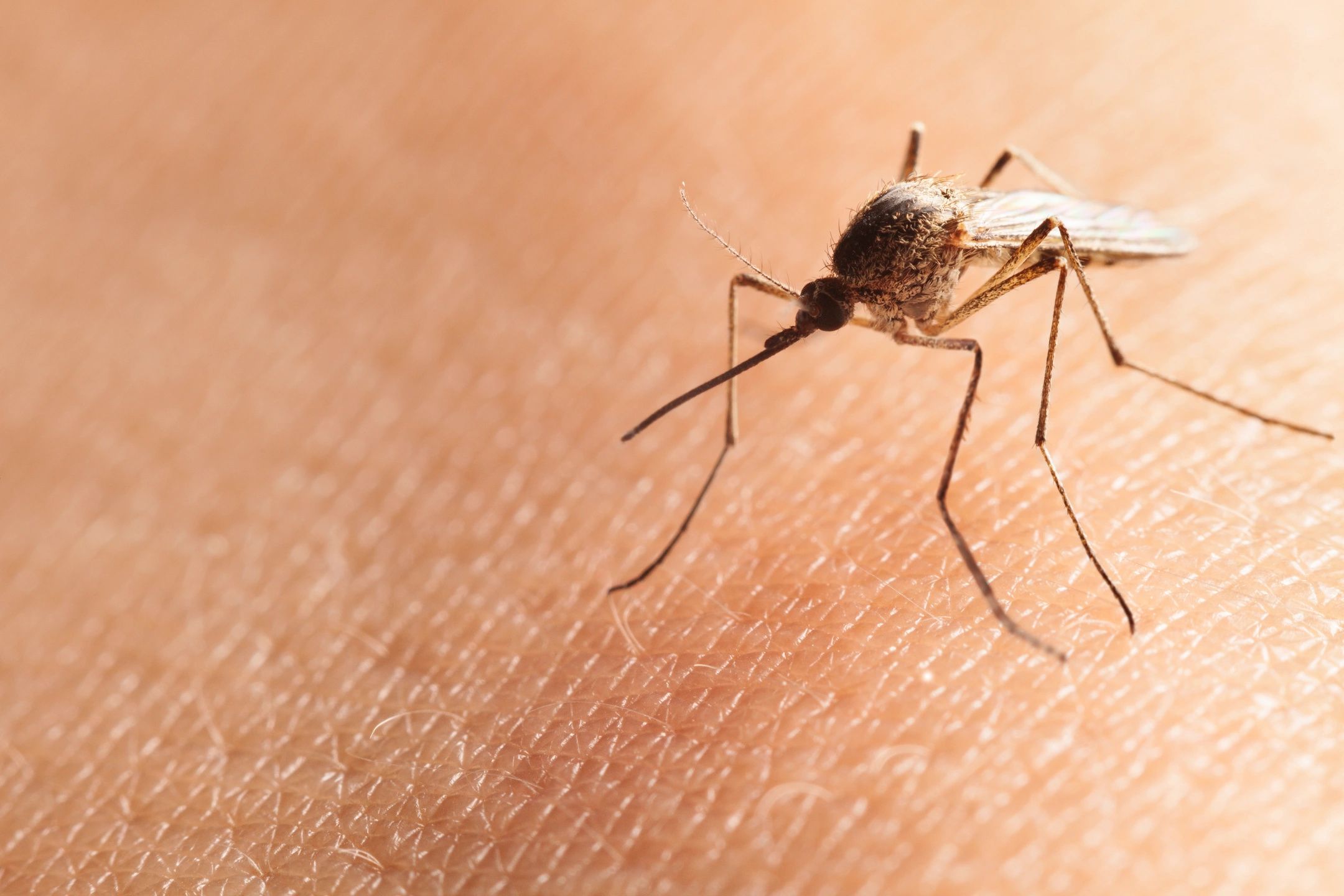Provider Training Opportunities

These webinars include information for healthcare providers on vaccinations. Details and registration are available below. Partners in Prevention: Pharmacists and Immunizations The Washington Department of Health is collaborating with Jenny Arnold of the Washington State Pharmacy Association to host a webinar on November 15, 2018, from noon to 1 p.m. The webinar is open to … Provider Training Opportunities









